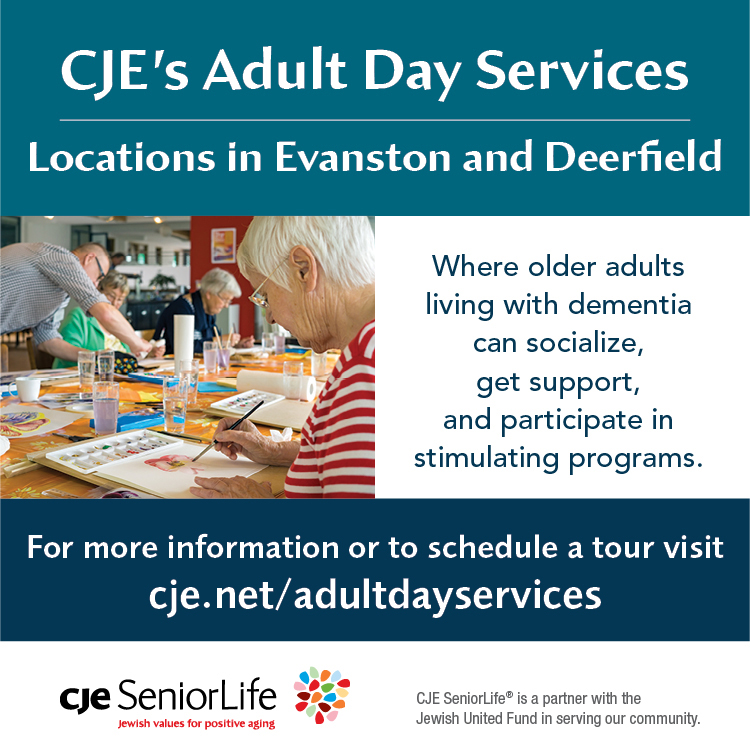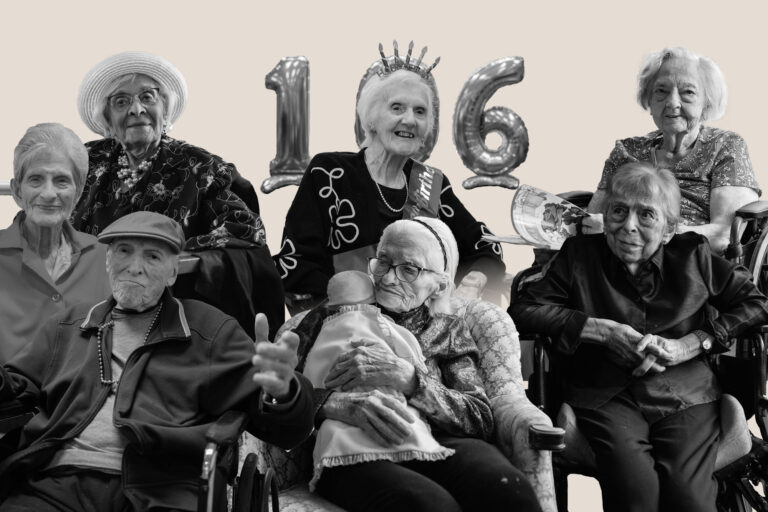
Vicki is a registered dietitian nutritionist, lifestyle nutrition expert, writer, culinary and media consultant and author of two books.
With mental capabilities of people decades younger, SuperAgers are gaining attention from researchers looking at the link between lifestyle and brain health.
What if, as you got older, your memory abilities stayed as they were decades ago? This is what happens for so-called SuperAgers — a term coined 15 years ago at Northwestern University. SuperAgers are adults over age 80 whose memories work at the same level as individuals 20 to 30 years younger.
SuperAgers have piqued the interest of research neuroscientists, specifically those who study Alzheimer’s disease.
Alzheimer’s currently ranks as the sixth-leading cause of death in the U.S., with an estimated $305 billion care cost. As many as 1 in 3 people over age 85 has Alzheimer’s disease, according to a 2023 report from the Alzheimer’s Association. And 40% of dementias overall may be preventable, according to a 2020 study in The Lancet.
So scientists see clear benefit in figuring out how the brains of some people are more resilient to conventional aging pathways.
Researchers at the Northwestern SuperAging Research Program have been working since 2008 on identifying factors that may help older adults maximize their cognitive health longer and fend off memory loss and full-blown Alzheimer’s disease.
“We have thus far found that the brains of deceased SuperAgers show less Alzheimer’s disease, which is characterized by amyloid plaques and neurofibrillary tau tangles, in the parts of the brain that are responsible for memory,” says Tamar Gefen, PhD, assistant professor of psychiatry and behavioral sciences at Northwestern University Feinberg School of Medicine. “We are in the midst of studying their behaviors across the lifespan. The goal is to understand the factors that contribute to successful aging and, ultimately, to the protection of the brain against Alzheimer’s disease.”
Research has shown that being engaged in many aspects of life can be neuroprotective and may keep the brain from atrophy or shrinkage, which occur with age.
“My residents who demonstrate good cognitive health usually have several healthy habits, including continuing to learn. They have hobbies, stay physically active, and maintain a thriving social life,” says Avalon F. Mustafa, registered dietitian nutritionist at Covenant Living Communities and adjunct instructor at University of Illinois at Chicago.
Do Food Choices Matter?
The diet-dementia field is a growing area of research, with findings that support dietary patterns and brain health.
Although SuperAgers don’t necessarily follow one pattern of eating, researchers are zeroing in on lifestyle behaviors, such as dietary patterns, to gain valuable insights. The Northwestern researchers have only recently begun looking into SuperAgers’ eating choices.
“The answers will clue us into whether their diets are leading to enhanced cognition or whether they are able to biologically withstand cognitive decline despite detrimental behaviors,” Gefen says.
Researchers are looking in particular at the MIND dietary approach, which combines two well-researched diets: the Mediterranean diet and the DASH (dietary approaches to stop hypertension). The MIND diet suggests that patterns of eating, rather than solely specific foods or nutrients, can protect cognitive health. These patterns include cooking meals instead of snacking on processed foods and eating together with others.
Food guidelines include:
- Whole grains
- Whole vegetables (especially leafy green vegetables)
- Nuts
- Beans
- Berries
- Fish
- Poultry
- Extra-virgin olive oil
- Limited amounts of: sweets, red meat, fried foods, butter or margarine
In her work helping older adults make healthy food choices, Mustafa stresses the importance of each person’s personal picture of wellness.
“Having a tool like the MIND diet can give aging individuals peace-of-mind and a sense of control in their golden years,” Mustafa says. “The memories we have around our favorite foods, the people we share our meals with, and the satisfaction we have from a well-cooked meal are often more important to these older adults than the health benefits alone.”
If you’re a SuperAger or know one, consider participating in SuperAger research. A multi-center SuperAging consortium, coordinated through Northwestern University, is looking for more subjects with diverse backgrounds from Chicago, as well as additional research sites in Illinois, Wisconsin, Michigan, Georgia, and Ontario. To get involved or for more information on the SuperAging research study, email clinicalcore@northwestern.edu.








